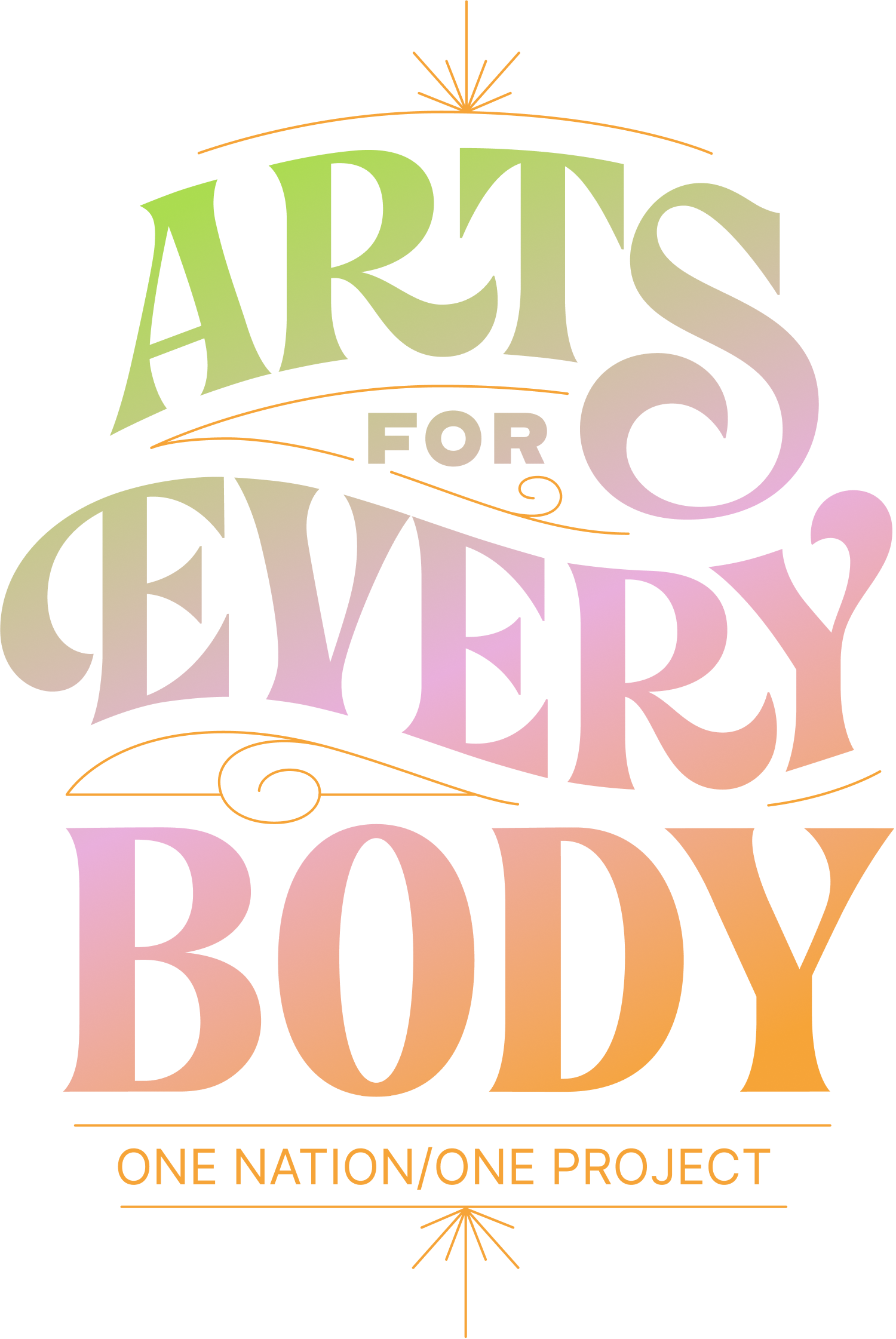How One Rural Town is Using Community Organizing for Fresh Food Access in Mississippi
In Utica, Mississippi, community organizing, led by a partnership between the town, Sipp Culture, and Arts for EveryBody, aims to address food access challenges through collective purchasing and the establishment of a cooperative grocery model.
The article titled "How One Rural Town is Using Community Organizing for Fresh Food Access in Mississippi" by Georgia Gempler, co-authored with Daniel Johnson, sheds light on the innovative approaches being employed by the small town of Utica, Mississippi, to combat food access challenges. With a population of 633 and lacking a local grocery store, residents of Utica must travel to other cities for basic grocery items. This situation underscores a broader issue faced by many small towns across the nation.
To address this, the community of Utica, in partnership with the Mississippi Center for Cultural Production (Sipp Culture), has embarked on a mission to increase access to fresh food. Sipp Culture, which operates a community farm and a CSA (Community Supported Agriculture) program, aims to strengthen the local food system, advance health equity, and support rural artistic voices, all while leveraging the power of storytelling to celebrate the legacy and vision of Utica.
The town of Utica, Sipp Culture, and the Jackson-Hinds Comprehensive Health Center have joined forces with Arts for EveryBody, an initiative of One Nation One Project in partnership with the National League of Cities (NLC). This partnership has led to the establishment of the Utica Food Club, a collective inspired by community member James Owens, aimed at pooling resources to access fresh food locally through a cooperative grocery model. This initiative represents a profound community organizing effort, not only to enhance food access but also to foster community spirit and resilience.
The Utica Food Club has taken steps to understand local shopping habits, explore models for cooperative groceries, identify staple supplies for collective purchasing, and investigate alternative access options. Additionally, it aims to provide group education on reducing food costs and preserving food, and seeks additional resources and community support to sustain its efforts. Sipp Culture is also developing a Main Street Cultural Center, which will include a commercial kitchen to support the Utica Food Club's activities and produce value-added goods.
This grassroots initiative in Utica illustrates a powerful model of community organizing and partnership between local government, cultural organizations, and residents to address crucial issues. It embodies a comprehensive approach that not only tackles the challenge of food access but also enhances community cohesion, supports local agriculture, and promotes cultural and artistic expression.
The mission of Arts for Everybody aligns closely with the efforts in Utica, emphasizing inclusivity, community engagement, and the use of art and culture as catalysts for social change and community development. By fostering partnerships like those in Utica, Arts for Everybody aims to make art accessible to all, leveraging it as a tool for addressing societal issues, including food insecurity, and enhancing the quality of life for communities, particularly those in rural or underserved areas.
This story from Utica, Mississippi, serves as an inspiring example of how art, culture, and community organizing can play a pivotal role in addressing practical challenges while enriching the community's cultural and social fabric. It highlights the potential for similar initiatives to be replicated in other communities, demonstrating the power of collaboration and creativity in tackling issues of food access and beyond.
For those interested in reading the full story and exploring more about the initiatives in Utica, please visit The National League of Cities' website at The National League of Cities.


